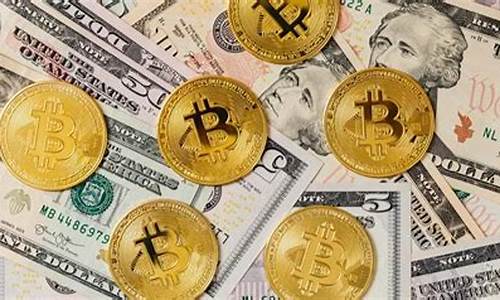
Digital currency, also known as cryptocurrency, is a type of virtual currency
that uses cryptography for secure and decentralized transactions. It was the
first form of digital currency to be created in 2009 with the launch of Bitcoin,
and since then, many other cryptocurrencies have been developed. In this
essay, we will explore the characteristics of digital currency and why it is
becoming increasingly popular.
One of the key features of digital currency is its decentralization. Unlike
traditional currencies, which are controlled by governments or financial
institutions, digital currencies are not tied to any centralized authority.
Instead, they rely on a network of computers to verify and record transactions
securely and transparently. This makes them more difficult for hackers or
criminals to manipulate or counterfeit.
Another important characteristic of digital currency is its security. Digital
currencies use complex encryption techniques to protect users' private keys,
which are used to sign transactions and access their funds. This makes it
impossible for anyone to steal or access users' funds without their consent.
Additionally, digital currencies are designed to be resistant to inflation, as
they do not rely on central banks or government policies that can affect their
value over time.
Digital currency also offers faster and cheaper cross-border payments than
traditional methods. Because digital currencies are not subject to the same
exchange rate restrictions and transaction fees that apply to traditional
payments, they can be used to transfer funds across borders quickly and at a
lower cost. This makes them an attractive option for businesses and individuals
who need to make international payments.
Finally, digital currency is often associated with innovation and technology.
The development of blockchain technology, which underpins many cryptocurrencies,
has led to new advancements in areas such as supply chain management, voting
systems, and even healthcare. The use of digital currencies in these applications
has the potential to transform various industries and improve efficiency and
transparency.
In conclusion, digital currency is a unique form of virtual currency that offers
decentralization, security, faster cross-border payments, and innovation. As more
people become familiar with the benefits of digital currencies, we can expect to see
their adoption grow in the coming years.
